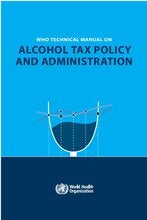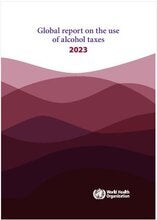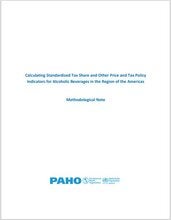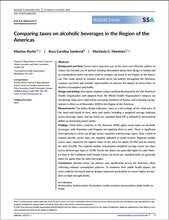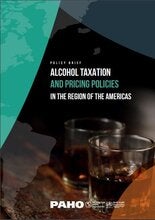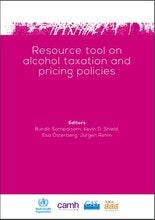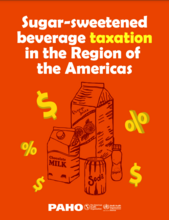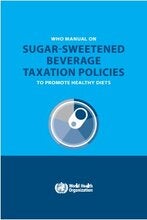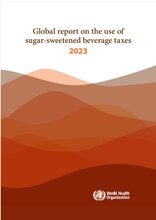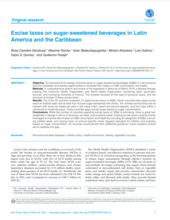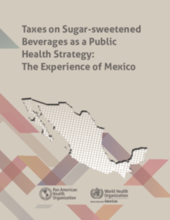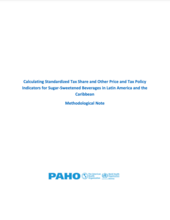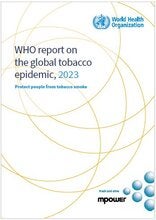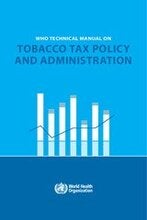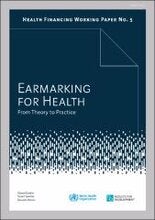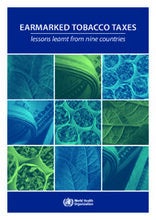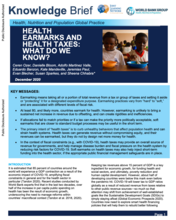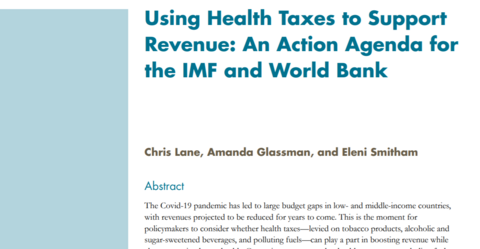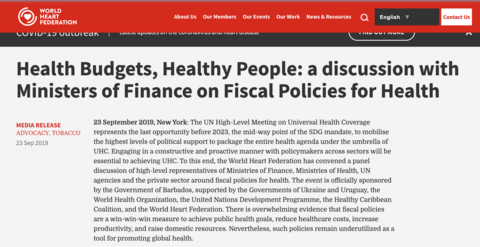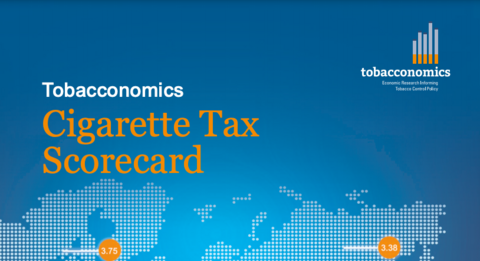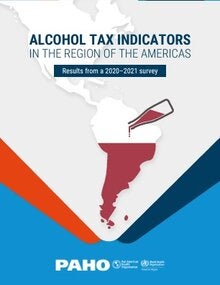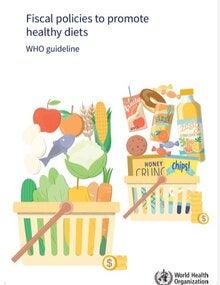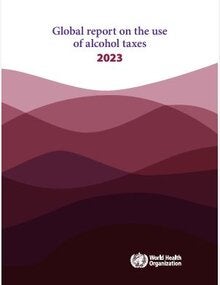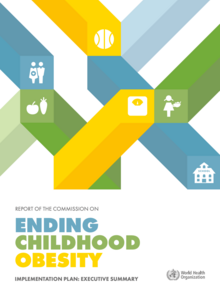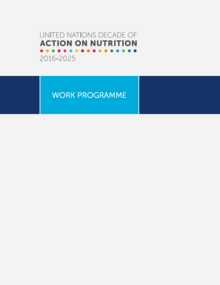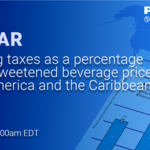Health taxes are taxes imposed on unhealthy products (e.g. tobacco, alcohol, sugar-sweetened beverages). Consumption of these products is a major risk factor for multiple noncommunicable diseases (NCDs), including cardiovascular diseases, cancers, respiratory diseases, and diabetes. They represent negative externalities and socially undesirable consequences that are not reflected in their market price.
Health taxes contribute to reducing the consumption of these unhealthy products. Excise taxes, in particular, have the greatest potential, from a health perspective. Indeed, they allow policymakers to target and raise the price of selected products, making them relatively less affordable than other goods and services. Health taxes lead to a healthier population, a reduction of long-term health care costs, and potential long-term labor productivity gains. Additionally, they generate stable and predictable tax revenue.
They represent a tool to achieve the Sustainable Development Goals, as they can:
- significantly reduce the NCD burden (Goal 3)
- greatly benefit vulnerable populations which bear larger health burdens (Goals 1,5,10)
- boost economic development through a healthier workforce (Goal 8)
PAHO supports health authorities in bringing economic reasoning into their dialogue with other sectors, both in building bridges between public health and non-health sectors to advance for whole-of-government action on NCD prevention and in providing economic arguments to reach fiscal and health policy coherence on excise taxes on tobacco, alcohol, and sugar-sweetened beverages.
PAHO provides capacity building activities to health and finance officials and generate and disseminate regional- and country-level evidence on the use of health taxes and their economic impact.


